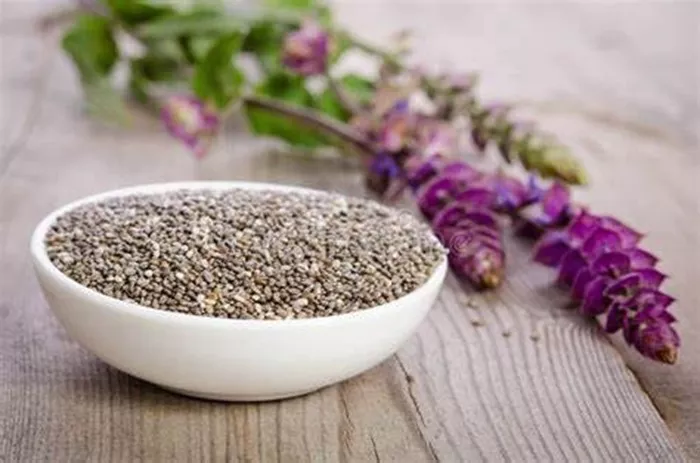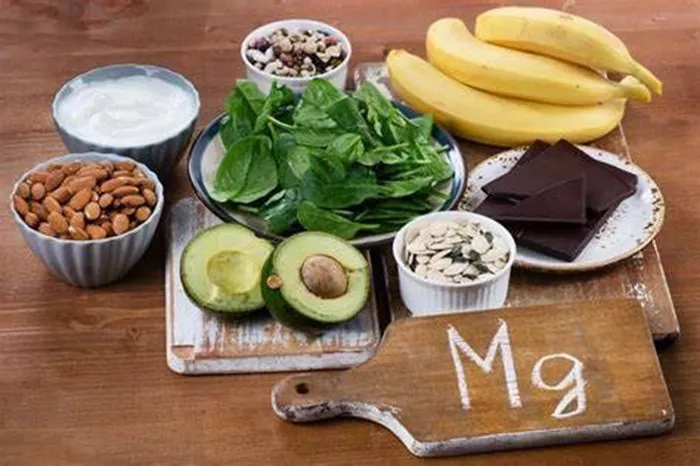Chia seeds are increasingly recognized as a nutritious addition to the diets of pregnant women, offering a range of benefits throughout the pregnancy journey. Health expert Dr. Deepa, a Senior Consultant at Yashoda Super Speciality Hospital in Kaushambi, highlighted several advantages of incorporating these tiny seeds into prenatal nutrition.
Digestive Health Support
One of the most common challenges expectant mothers face is digestive issues, including constipation. According to Dr. Deepa, chia seeds are rich in soluble fiber, which can help promote regular bowel movements. When mixed with liquid, these seeds expand and create a gel-like texture that aids digestion and enhances satiety. This not only prevents overeating but also supports healthy weight gain during pregnancy.
Blood Sugar Regulation
Dr. Deepa also noted that the high fiber content in chia seeds can help regulate blood sugar levels. By delaying sugar absorption into the bloodstream, chia seeds promote balanced energy levels, which is particularly important for pregnant women who may experience fluctuations in blood sugar. This can reduce the risk of gestational diabetes, a concern for many expectant mothers.
Enhanced Hydration
Staying hydrated is vital during pregnancy, and chia seeds can play a role in this regard. “One of the great benefits of chia seeds is their versatility,” Dr. Deepa explained. “They can easily be incorporated into a variety of dishes, making them a convenient choice for expectant mothers.” Chia seeds can be added to salads, blended into smoothies, mixed with yogurt, or included in baked goods, providing both hydration and nutrition.
Nutritional Powerhouse
Despite their small size, chia seeds pack a nutritional punch. They support various aspects of maternal and fetal health, including brain development and digestive health. Given the significant growth and transformation occurring during pregnancy, adding chia seeds to the diet can be a simple yet effective way to enhance overall wellness.
Dr. Deepa advises moderation in chia seed consumption, as excessive intake can lead to gastrointestinal discomfort due to their high fiber content. A recommended serving size is one to two tablespoons per day. Pregnant women should also consult their healthcare provider before making substantial dietary changes, especially if they have pre-existing medical conditions.
Incorporating chia seeds into a pregnancy diet can support a healthy pregnancy and contribute to a promising start for the baby.
Related Topics
Vitamin Deficiencies: How Your Body Signals Nutritional Shortfalls


































